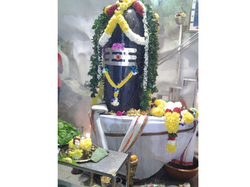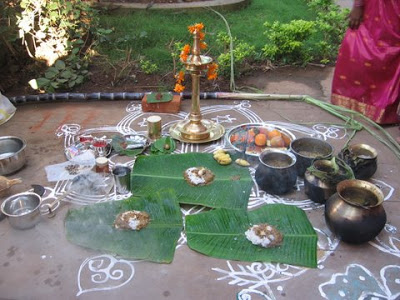
According to Hindu mythology, the day Saturday is dedicated to Lord Shani or Shaneeshwara, one of the Navagrahas or nine celestial gods. Lord Shani or Sani has always been related with troubles and ill effects. Moreover, all Hindus believing in astrology dread the effects of Shani over a person’s life. To overcome and avoid the adversities and misfortunes of Lord Shani, people observe fasts on Shanivar or Saturday. And when a Pradosh falls on a Saturday, it is termed as Shani Pradosh. To overcome the bad influence of Shani, devotees observe a vrat on Shani Pradosh and offering prayers to Shiva during the day.
The fast is observed from sunrise to sunset and ends with the evening puja. Since the name Pradosha literally means ‘a period just before sunset and after sunset’, the Pradosha period for prayers is from 1.5 hours before sunset and 1 hour after sunset. While most of the devotees prefer observing a strict fast by refraining from food and drinking only water, some devotees practice a partial fast by consuming fruits and water. Nonetheless, the strictness of the fast totally depends on the devotees. Even after offering the evening prayers, devotees eat only the Prasad and recommence with eating proper food only in the next morning. During the day of the fast, devotees visit Shiva temples and offer pujas and chant mantras.



 RSS Feed
RSS Feed
